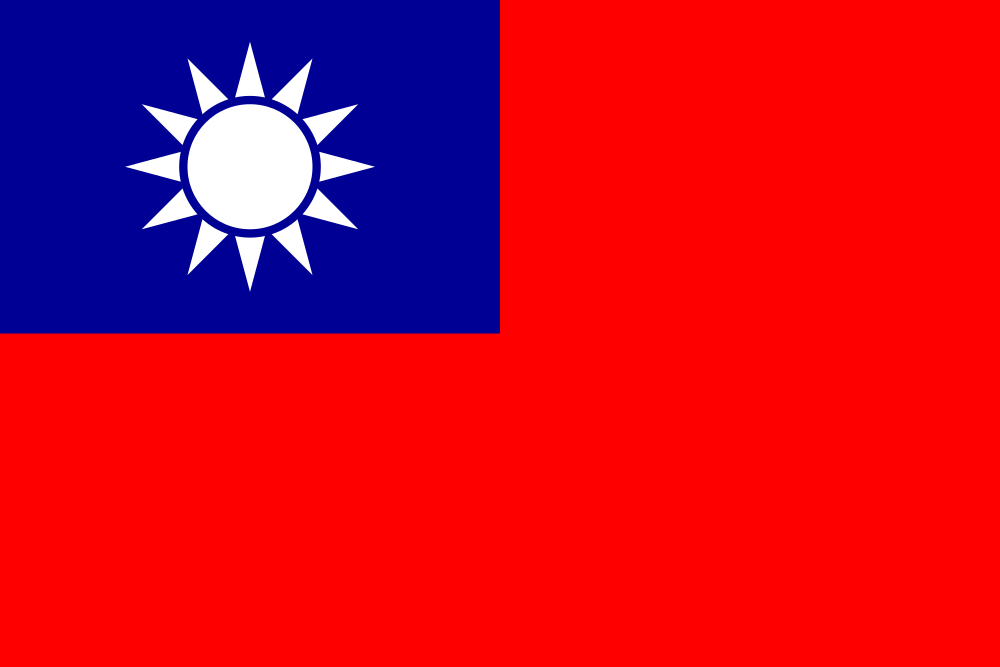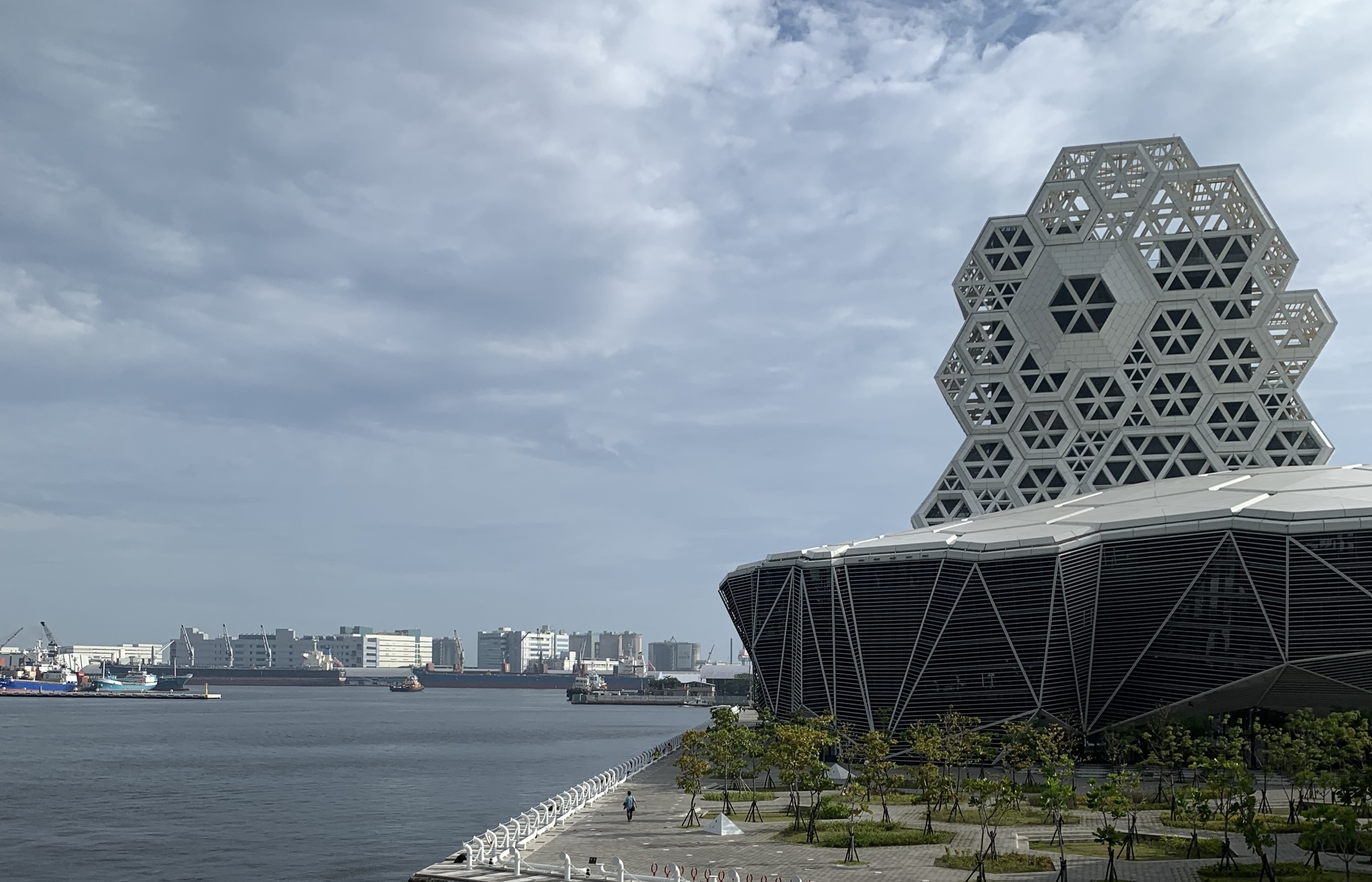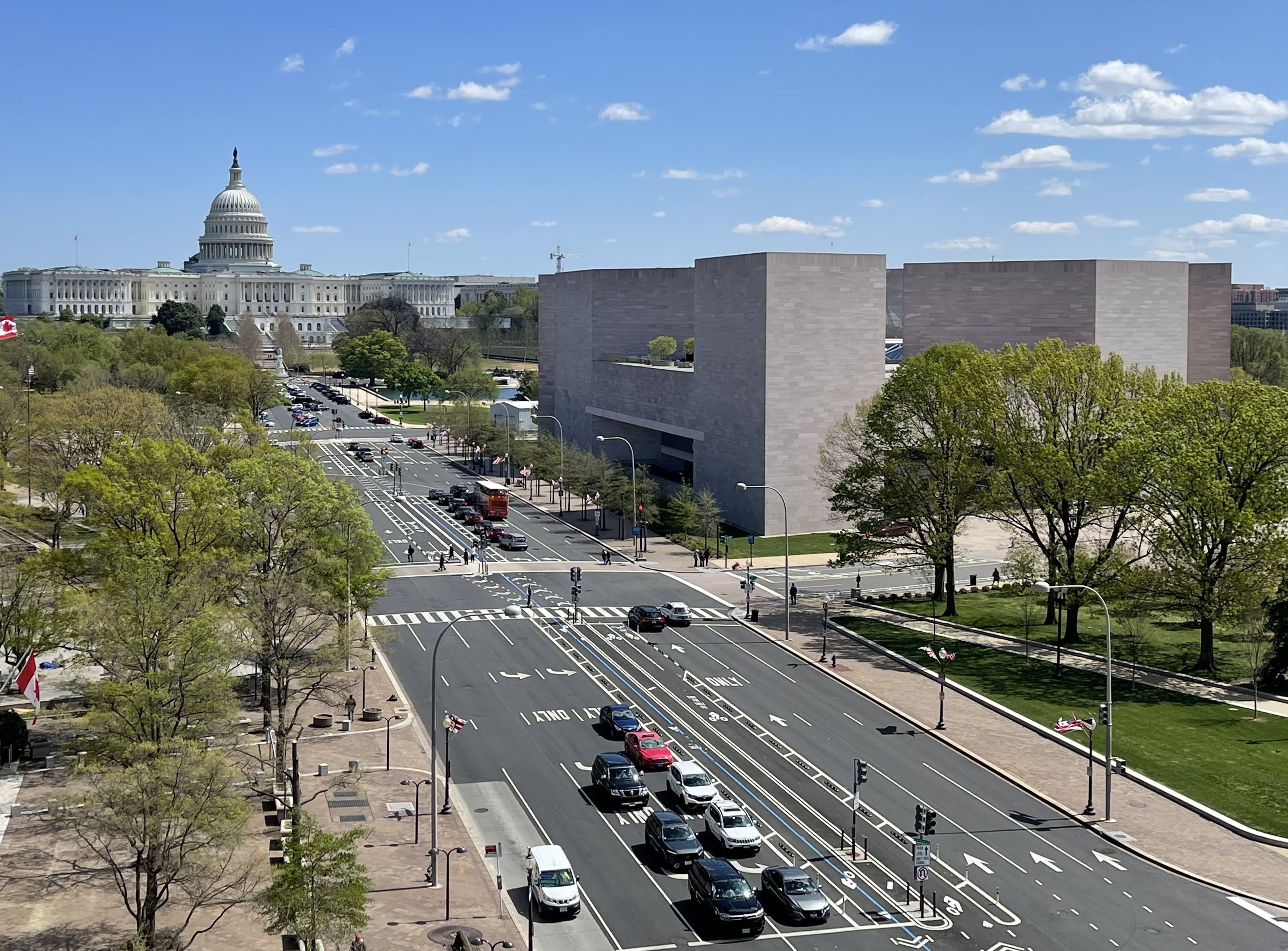Hello!
Greetings! I am an economist and a recent graduate of George Washington University. Previously, I served as a lecturer in international economics and macroeconomics in the Department of Economics at GWU. I also held positions as a teaching assistant, research assistant, and research fellow at the Elliott School of International Affairs and the Sigur Center for Asian Studies.
My research interests focus on trade agreements and economic integration in the Indo-Pacific region, particularly concerning Taiwan. Currently, I am involved in several research projects that examine the potential impacts of various trade agreement issues from the perspectives of both firms and governments.
Before my time at GWU, I earned a master's degree in Economics from Syracuse University, located in scenic upstate New York. Prior to that, I graduated with honors from National Chengchi University in Taipei, where I received a combined BS/MS degree in International Business.
As a native of Taiwan, I have always been fascinated by the intersection of economics and politics, especially in the context of international trade. My academic journey has taken me from Taiwan to the United States, where I have had the opportunity to study and conduct research in some of the world's leading institutions. I am capable of a wide range of skills for economic research, including a solid analytical background in economic modeling, computational economics, and econometrics. In particular, I am interested in analyzing the impacts of preferential trade agreements as well as the behavior of multinational corporations under globalization.
My dissertation research focuses on the political economy of trade agreements, with a particular emphasis on Taiwan's role in the global economy. I have been fortunate to work with esteemed professors and researchers in the field, which has greatly enriched my understanding of international economics. My research has been published in various academic journals, and I have presented my findings at numerous conferences and workshops.
I am passionate about teaching and mentoring students, and I strive to create an engaging and inclusive learning environment. I believe that education is a powerful tool for social change, and I am committed to helping my students develop the skills and knowledge they need to succeed in their careers. In addition to my teaching responsibilities, I am also involved in various research projects and collaborations with colleagues both within and outside of GW.
I also strongly believe that politics and economics are inseparable. Having chances to do research, pass on the knowledge of international economics, and work as an expert to consult with government agencies, are my primary motivations for pursuing a career as an economist. Since I witnessed the economic miracle growing up in Taiwan, where the export-oriented policies exacerbated economic growth and soon triggered democratization, I know the importance of balancing development and distribution in the export-oriented economy. For instance, my project at Academia Sinica revisits the decennial wage rigidity in Taiwan's labor market after Millenium. We found a public misunderstanding of the timing of the economic downturn. Furthermore, after autotomizing compensation trends across the different age groups, we argued that higher education reform in Taiwan shouldn't be responsible for the sluggish growth. Instead, the slowly-adjusted trade and FDI policies under the multilateralism regime were the keys.
On the other hand, the recent increasing frequency and magnitude of the political movements among Asian emerging markets demonstrate another example of the synergy between trade and politics. Economists once advocated regional integration because it benefits developing countries, but multilateralism also embarks on social inequality and backlashes political stability. The core of my research interests is to identify the mechanism by constructing the empirical models to test the country's trade policies and delineate the open economy's political-economic equilibria using theoretical models.
Besides being a Ph.D. student, I am a Lecturer, Economist, Research Assistant, and Graduate Teaching Assistant at the GW Economics Department. During the regular semesters, I am also responsible for coordinating the discussion sessions of M.S. Program in Applied Economics. I like to help students construct empirical models and solve the various economic problems in the real world and treat teaching courses as another fashion for me to learn. Besides using various statistical packages like Stata, R, and SAS, I have taken courses such as Real Analysis, Advanced Microeconomics, and Macroeconomics. After being named the principal teaching assistant of the Master's Program in Applied Economics, I help students solve problems and hold weekly office hours for those enrolling in the master-level Probability and Statistics, Applied Microeconometrics, and Time Series Analysis. Furthermore, I taught a graduate-level Survey of International Economics (syllabus) via Blackboard Ultra virtual environment in Summer 2020.
I participate in most academic seminars and workshops in GW Economics. I am a member of H. O. Stekler Research Program on Forecasting and Student Association for Graduate Economists (SAGE). Outside GW, I hold student memberships of American Economics Associations (AEA), International Trade and Finance Association (IT&FA), National Association of Business Economics (NABE), The National Society of Leadership and Success (NSLS), and Southern Economics Association (SEA).
This webpage is subject to Digital Millennium Copyright Act



